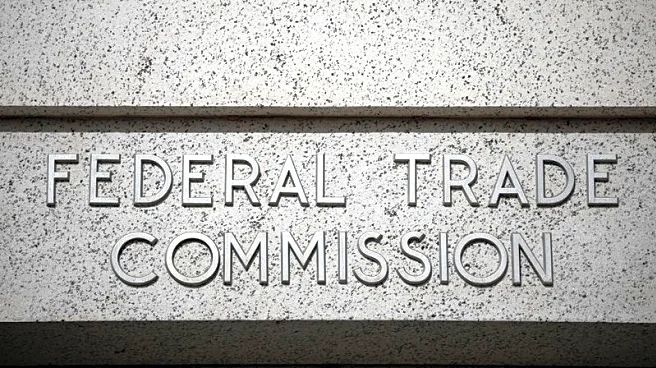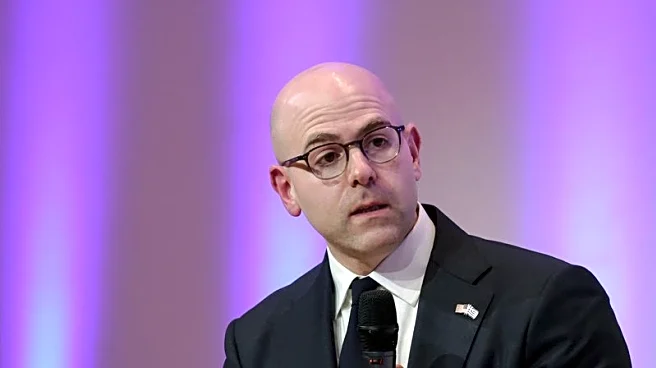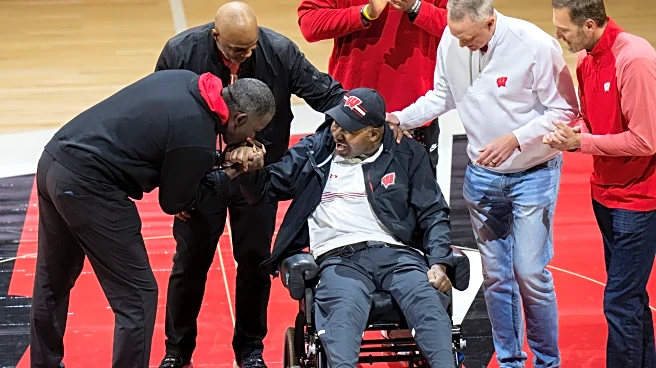What's Happening?
Mohammed Ibrahim, a Palestinian-American teenager from Florida, has been detained by Israeli forces since February for allegedly throwing stones in the West Bank. His family, who splits their time between
Tampa and the West Bank, has been unable to visit him, and he has faced deteriorating health conditions, including significant weight loss and scabies. The Israeli military court has postponed his hearings multiple times, leaving him without a trial date. U.S. Embassy officials have been allowed to visit him, and 27 members of Congress have called on the U.S. government to secure his release, citing concerns over his health and potential signs of torture.
Why It's Important?
The case highlights the complex legal and diplomatic challenges faced by U.S. citizens detained abroad, particularly in regions with heightened security measures like the West Bank. The involvement of U.S. lawmakers underscores the potential impact on U.S.-Israel relations and raises questions about the treatment of minors in military detention. The situation also reflects broader issues of human rights and due process in conflict zones, affecting diplomatic ties and public perception of U.S. foreign policy.
What's Next?
Mohammed Ibrahim's next court hearing is scheduled for Sunday, where his family hopes for a resolution, either through a plea bargain or a trial date. The U.S. State Department continues to monitor the case closely, working with Israeli authorities. The outcome of the hearing could influence future diplomatic engagements between the U.S. and Israel, particularly concerning the treatment of American citizens and human rights advocacy.
Beyond the Headlines
The case raises ethical concerns about the treatment of minors in military detention and the broader implications for human rights in conflict zones. It also highlights the role of international diplomacy in addressing individual cases of detention and the potential for long-term shifts in policy regarding the protection of U.S. citizens abroad.










